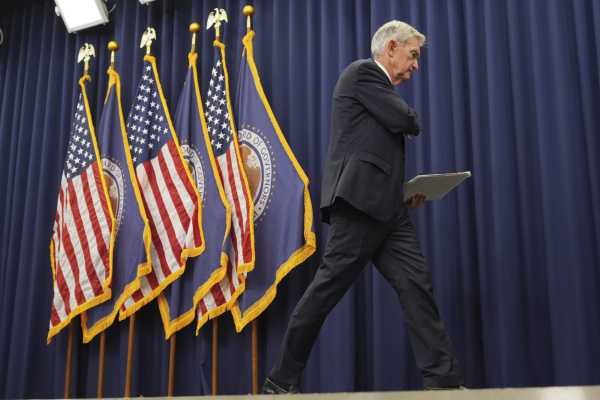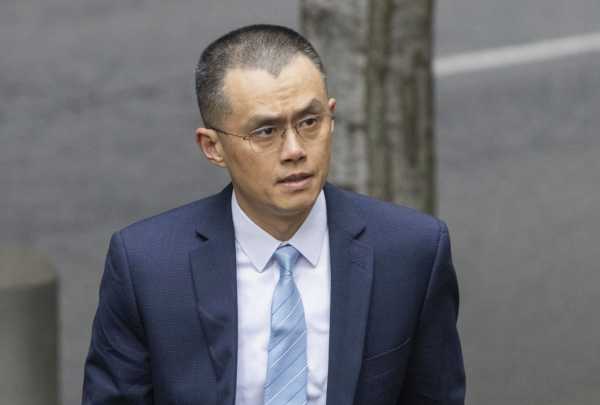Samourai Wallet Prosecutors Claim FinCEN's Delay in Disclosure Was Not a Brady Act Violation
Samourai Wallet Prosecutors Say FinCEN's Delay in Disclosure Doesn't Violate Brady Act
In a letter to the judge sent Friday, prosecutors said the late disclosure could only impact one of two charges against the Samourai Wallet co-founders.
Cheyenne Ligon | Edited by Nikhilesh De May 9, 2025, 4:32 PM

What is important to know:
- Prosecutors in the Samourai Wallet case denied allegations of concealing significant evidence and asked a judge to deny a defense motion for a hearing on Brady's alleged violations.
- The defense's motion to dismiss the case based on Blanche's memorandum remains unanswered.
Prosecutors in the Samourai Wallet case have denied allegations that they concealed significant evidence in the criminal case against the two co-founders of the cryptocurrency mixing service, Keonne Rodriguez and William Lonergan Hill.
In a letter filed with the court on Friday, prosecutors urged Judge Richard Berman of the Southern District of New York (SDNY) to deny Rodriguez and Hill’s recent motion for a hearing regarding the government’s belated disclosure of a conversation between prosecutors and the Financial Services Enforcement Network (FinCEN). In that conversation, which took place six months before the charges were filed, FinCEN officials informed prosecutors that Samourai Wallet did not meet their definition of a money transmitting business and therefore did not require a license to operate.
Despite FinCEN’s guidance, prosecutors pressed ahead with the case, charging Rodriguez and Hill with one count of conspiracy to commit money laundering and conspiracy to operate an unlicensed money transmitting business. Prosecutors allege that through Samourai Wallet, the two men “willfully and successfully laundered more than $100 million in criminal proceeds of all types” and openly marketed their services to “dark/gray market participants,” including hackers and fraudsters.
Rodriguez and Hill's attorneys argue that by failing to notify the defense of its interactions with FinCEN until last month, the government violated a process known as a Brady violation, named after the landmark 1963 Supreme Court case Brady v. Maryland, which held that the government has a duty to promptly turn over to the defense any exculpatory or material evidence (essentially anything that indicates a defendant's innocence of the crime charged).
Still, prosecutors rejected allegations of Brady violations in the Samourai Wallet case. In their letter to the judge, they cited multiple reasons why the delay in disclosing the FinCEN conversation was justified. First, they argued that their conversation with FinCEN officials reflected their “individual, informal, and informed opinions” about whether Samourai Wallet should register as a money transmitter, not the regulator’s formal opinion.
“Courts have repeatedly held that such legal opinions — or opinions of any kind — are not the Brady record; the Brady record is the facts,” prosecutors said.
Prosecutors also added that even if the materials were relevant to the defense's case, they had provided them to the defense seven months before the trial began, stressing: “There is no need for the court to intervene if the defendants received the investigation materials long before the trial to make effective use of this information.”
In a letter to the court this week, lawyers for Samourai Wallet said their clients were unfairly disadvantaged by the failure to disclose
Источник



